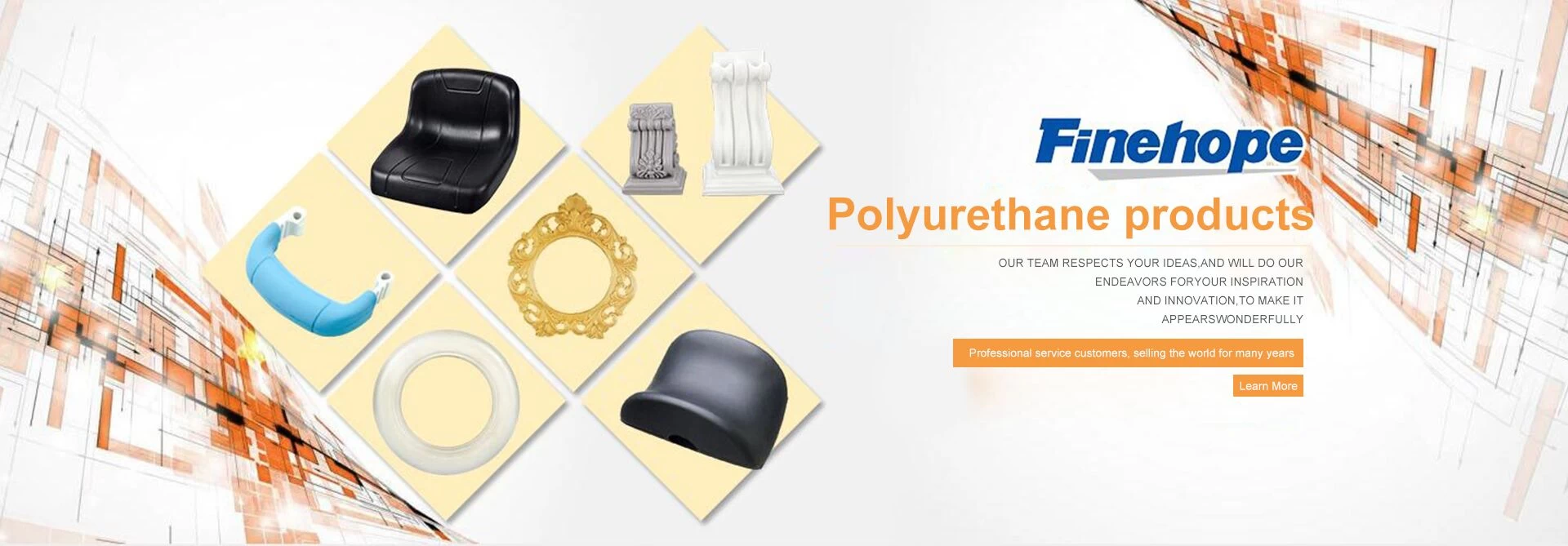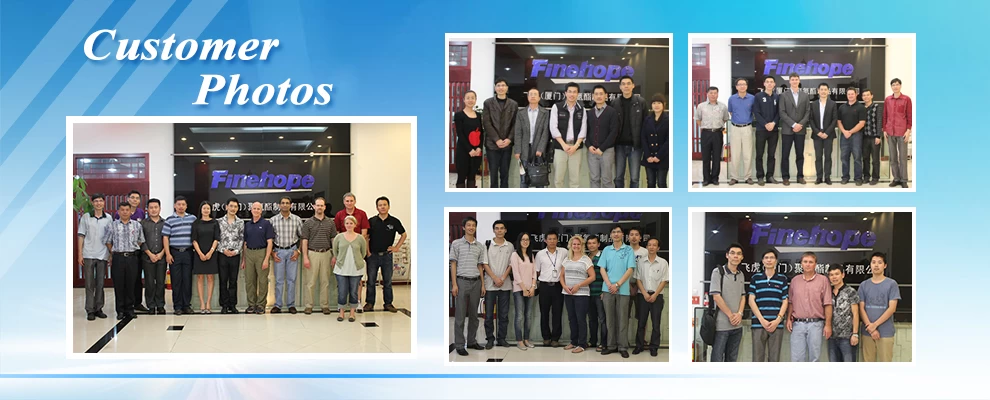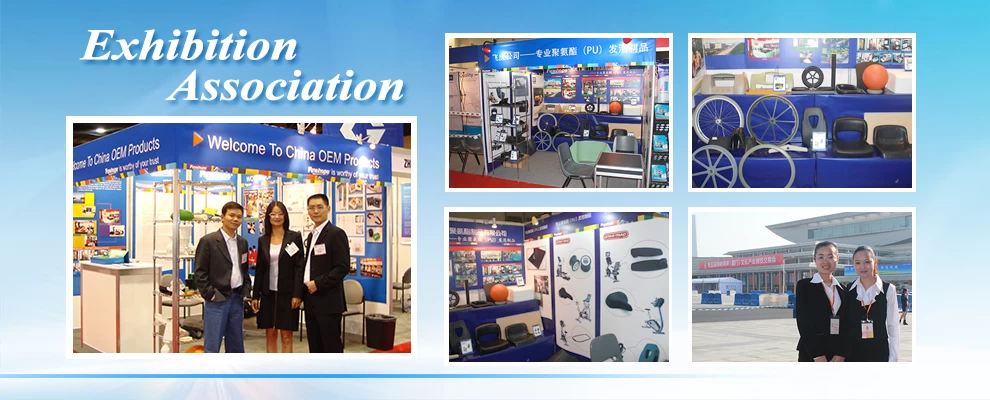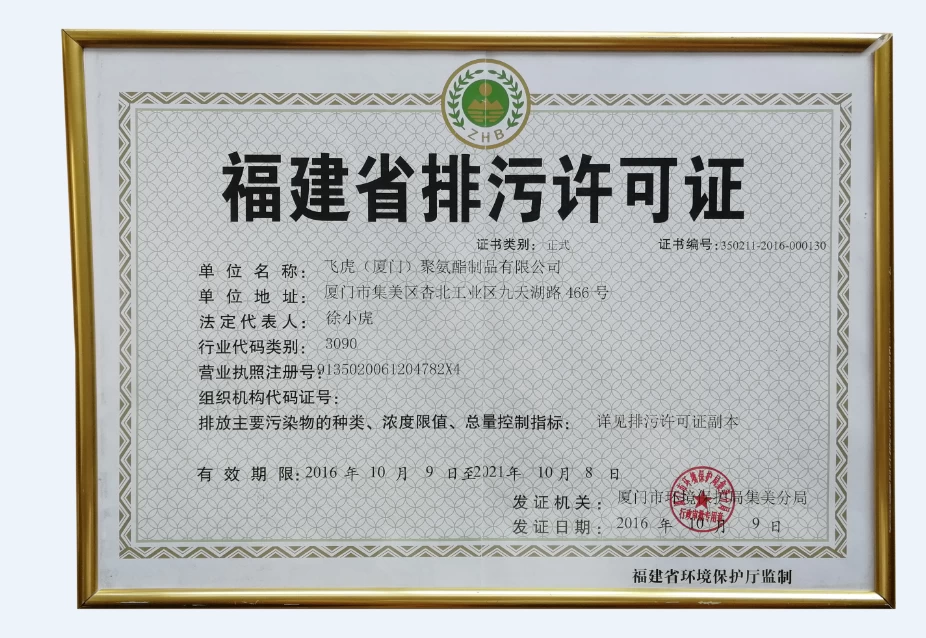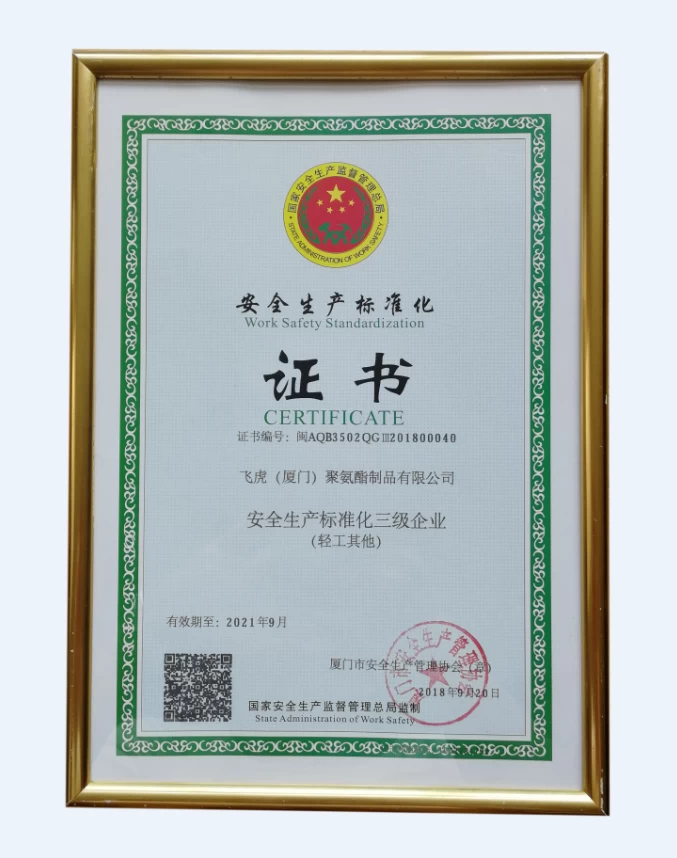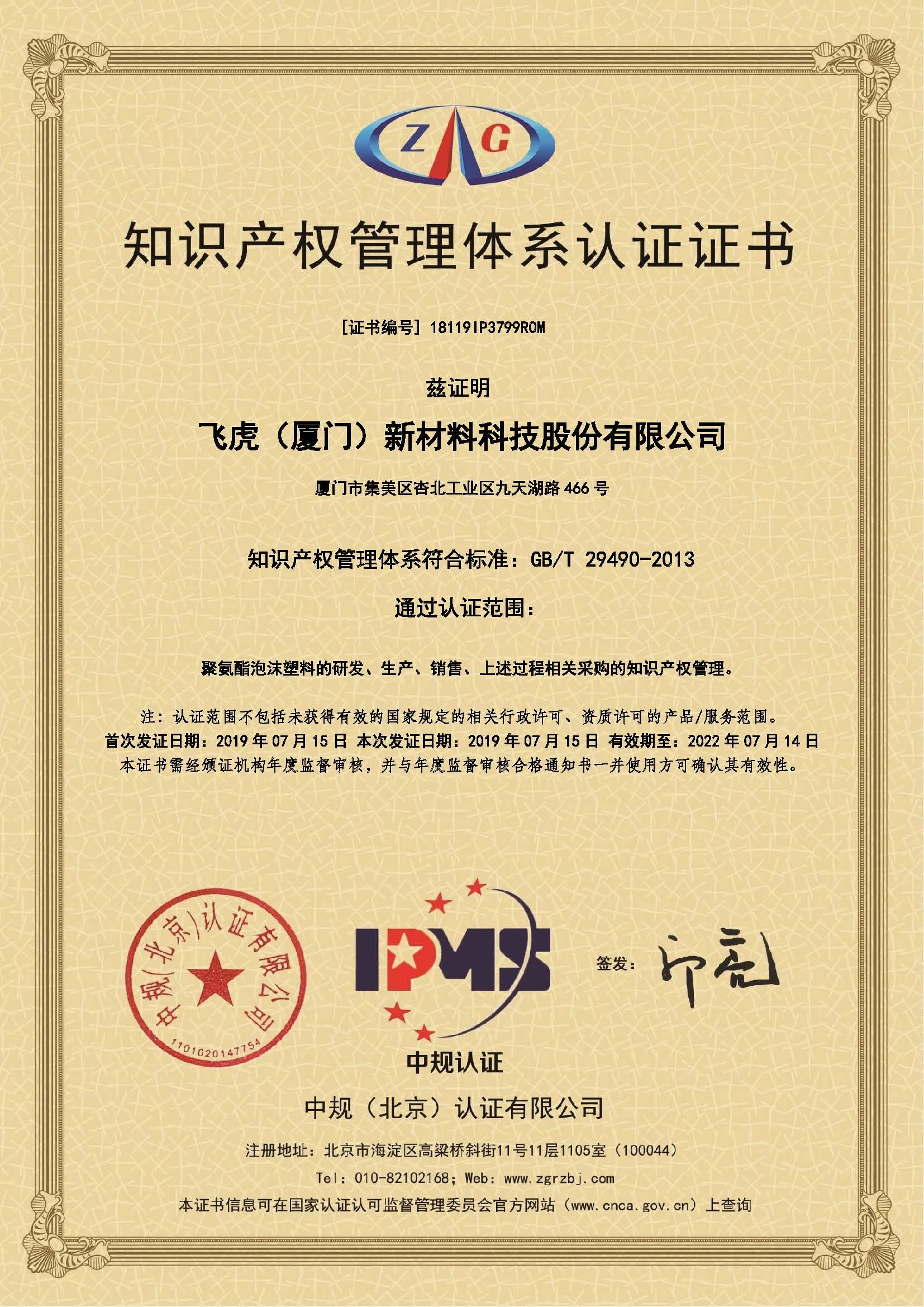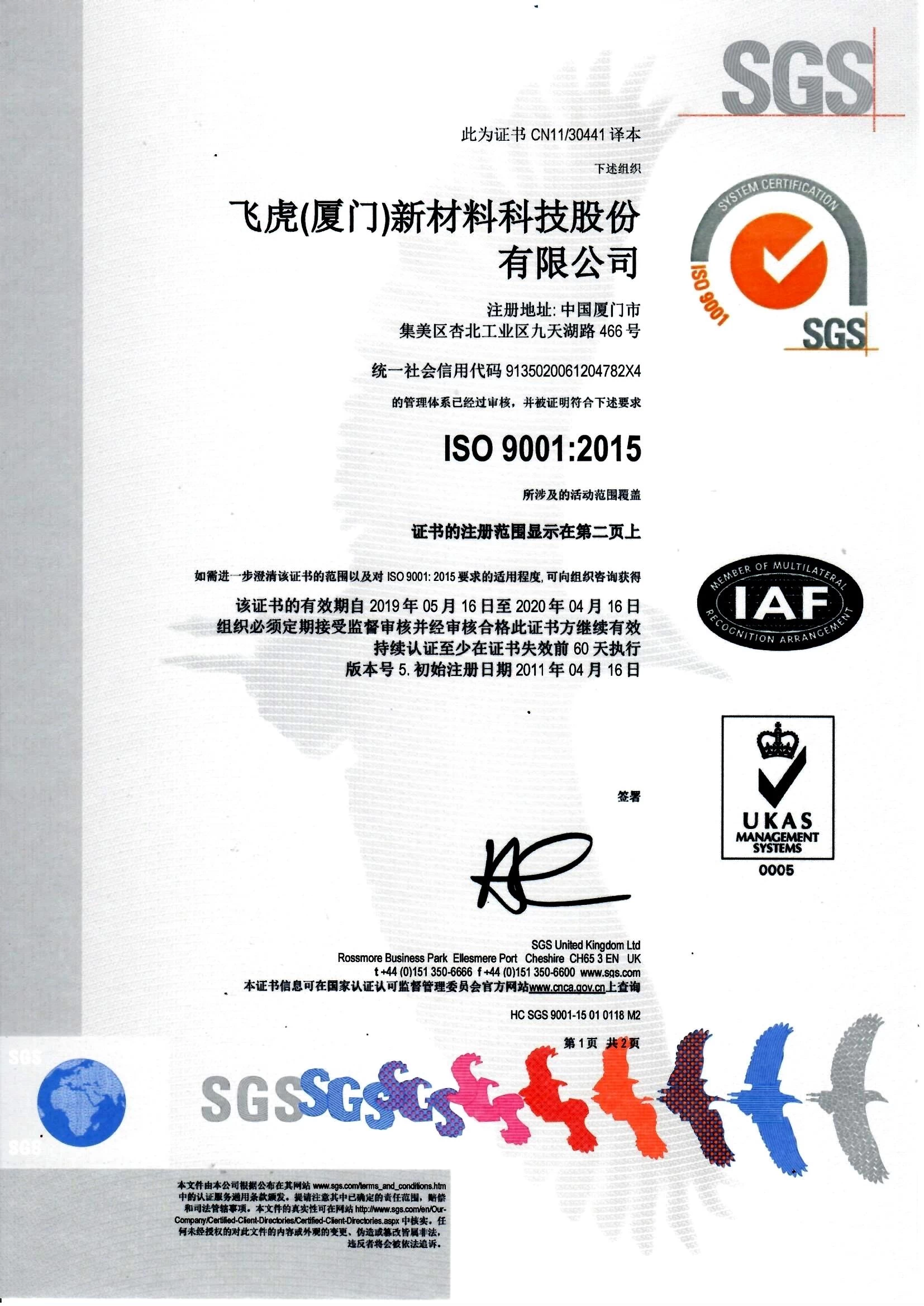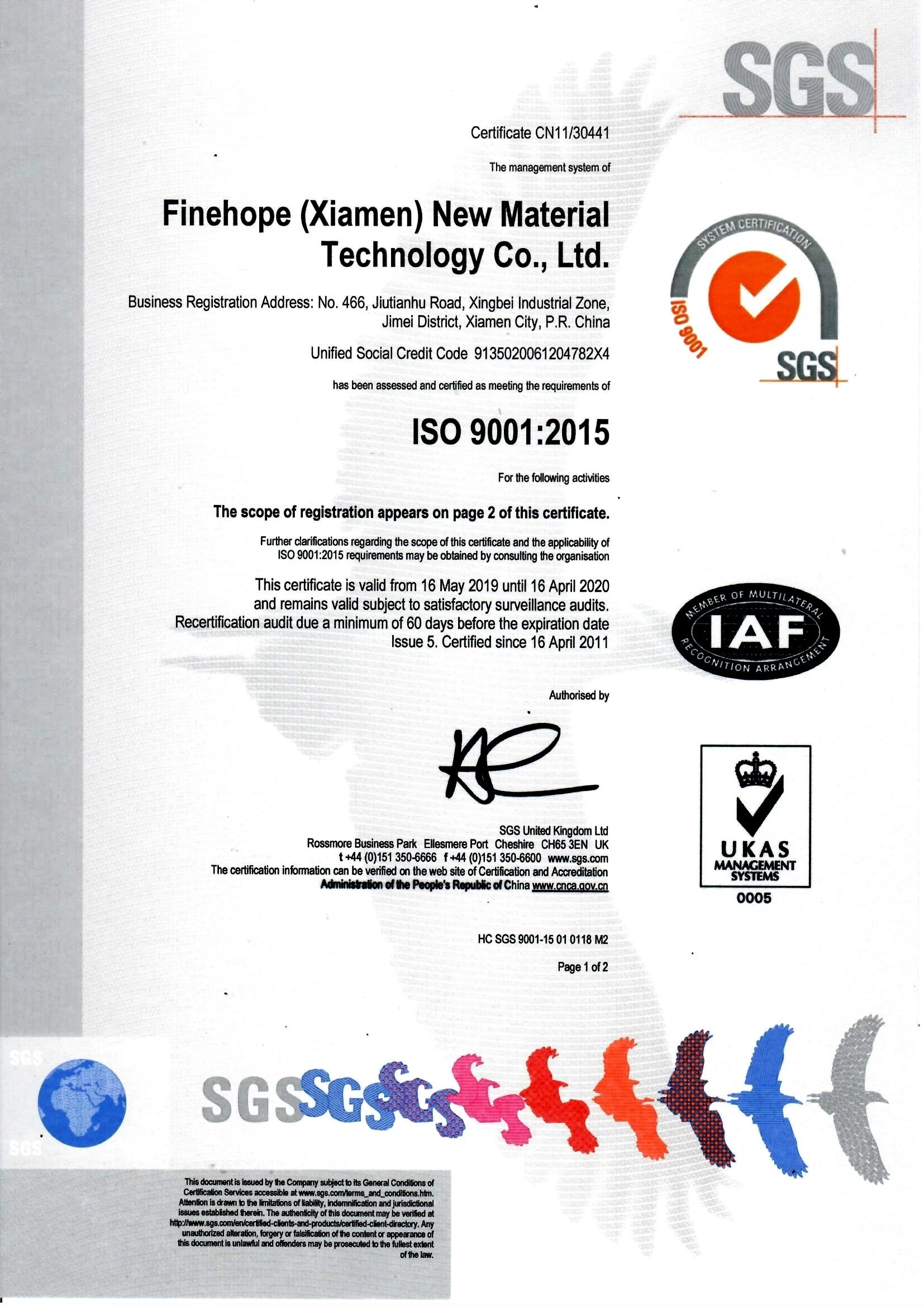The future battle for global transport has sounded
kiki Lin
2017-06-20 09:41:11

You may have missed the biggest news of the week – at least here in the Motor City. For the first time ever, Apple’s CEO confirmed the tech giant is hot for self-driving cars.
Buckle up, folks.CEO Tim Cook says there’s “a major disruption looming” as self-driving technology, electric vehicles and ride-sharers like Uber and Lyft converge into one big ball of change. He says autonomous systems are a “core technology” for Apple and “the mother” of all artificial intelligence projects.
The thud you just heard is Detroit’s three CEOs falling out of their chairs. Not because they didn’t know where Apple might be headed. But because the successor to guru Steve Jobs just told the world its priorities to get there.
Apple has the smarts and the money to do it – more than a cool $250 billion dollars.
What that means for Detroit’s automakers and their foreign rivals is nothing short of enormous.
Forget foreign competition from Japan and Germany, Toyota and Volkswagen and the rest. The most serious threat to Detroit and its hometown auto industry is the tech revolution in the global auto and transportation space they’ve long owned, but may not for long.
The biggest players are Apple, Alphabet’s Waymo and Intel, the proud new owner of autonomous vision pioneer Mobileye. They’re fast and rich. They’re part of an ecosystem where tiny startups coexist with giants. They’re innovative and less bureaucratic.
And they’re far more beloved than Detroit by smart money investors looking for the next Amazon so they can score a fat payout.
The disruption Silicon Valley’s muscle envisions – to the extent they can see it clearly – would forever change the auto industry born in the shops of Henry Ford and Gottlieb Daimler. It would change product development and manufacturing, headcount and who gets hired – or doesn’t. It would mean fewer people would own their own cars, or insure them, or maintain them.
Don’t think it’ll happen? Did you think you’d be able to watch movies, catch sports scores and surf the web on a cell phone? Or that developments in artificial intelligence and visioning systems would enable a car to drive itself? Or that General Motors, of all companies, would be the first automaker to mass produce an autonomous car – and do it in suburban Detroit?
The battle for the future of global transportation is on, even if you missed the first shots. Who bets right, and buys early, stands to reap big rewards not seen in the auto space since Ford became a household name.
The numbers are staggering – measured in trillions. We’re in the early days of a titanic clash between the Old and New Economy. Between the industrial heartland and a tech sector developing technologies that presume to replace drivers altogether.
Yep, buckle up.
It’ll be a heckuva ride.
Buckle up, folks.CEO Tim Cook says there’s “a major disruption looming” as self-driving technology, electric vehicles and ride-sharers like Uber and Lyft converge into one big ball of change. He says autonomous systems are a “core technology” for Apple and “the mother” of all artificial intelligence projects.
The thud you just heard is Detroit’s three CEOs falling out of their chairs. Not because they didn’t know where Apple might be headed. But because the successor to guru Steve Jobs just told the world its priorities to get there.
Apple has the smarts and the money to do it – more than a cool $250 billion dollars.
What that means for Detroit’s automakers and their foreign rivals is nothing short of enormous.
Forget foreign competition from Japan and Germany, Toyota and Volkswagen and the rest. The most serious threat to Detroit and its hometown auto industry is the tech revolution in the global auto and transportation space they’ve long owned, but may not for long.
The biggest players are Apple, Alphabet’s Waymo and Intel, the proud new owner of autonomous vision pioneer Mobileye. They’re fast and rich. They’re part of an ecosystem where tiny startups coexist with giants. They’re innovative and less bureaucratic.
And they’re far more beloved than Detroit by smart money investors looking for the next Amazon so they can score a fat payout.
The disruption Silicon Valley’s muscle envisions – to the extent they can see it clearly – would forever change the auto industry born in the shops of Henry Ford and Gottlieb Daimler. It would change product development and manufacturing, headcount and who gets hired – or doesn’t. It would mean fewer people would own their own cars, or insure them, or maintain them.
Don’t think it’ll happen? Did you think you’d be able to watch movies, catch sports scores and surf the web on a cell phone? Or that developments in artificial intelligence and visioning systems would enable a car to drive itself? Or that General Motors, of all companies, would be the first automaker to mass produce an autonomous car – and do it in suburban Detroit?
The battle for the future of global transportation is on, even if you missed the first shots. Who bets right, and buys early, stands to reap big rewards not seen in the auto space since Ford became a household name.
The numbers are staggering – measured in trillions. We’re in the early days of a titanic clash between the Old and New Economy. Between the industrial heartland and a tech sector developing technologies that presume to replace drivers altogether.
Yep, buckle up.
It’ll be a heckuva ride.
Related news:
- PU mat,kitchen mat,yoga mat,anti-fatigue mat,living room mat
- Manufacture mats,non slip PU floor mat ,High quality PU floor mat ,custom yoga mat
- China fatigue-mat supplier,kitchen stress mats,water resistant pu foam mat,antislip professional mat manufacuturer
- anti fatigue bedroom rug, anti static soldering mat, plastic bathroom floor mat,t, foot message floor mat
- polyurethane comfort mats,Floor Mats,elastic material mat,non slip bath mat, kitchen gel mats

